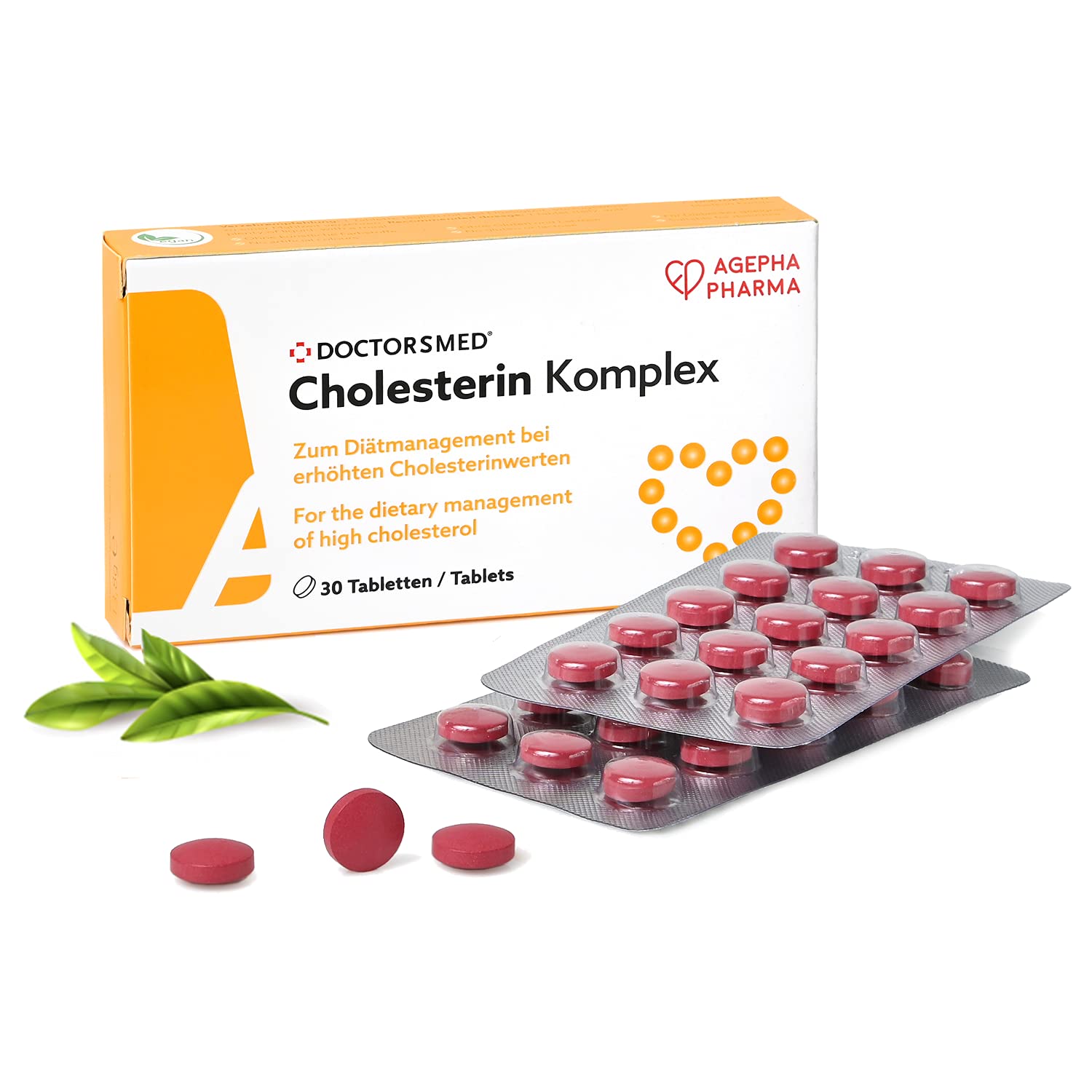Understanding High Cholesterol and Its Implications
When it comes to health concerns, High Cholesterol is a prevalent issue that affects many individuals around the world. Understanding what high cholesterol is, its symptoms, causes, and how to manage it is crucial for maintaining overall health and well-being.
Benefits of Managing High Cholesterol
Managing high cholesterol levels can yield numerous benefits for individuals. By adopting a healthy lifestyle and making mindful dietary choices, one can reduce the risk of developing heart disease, stroke, and other serious health conditions associated with high cholesterol.
FAQs About High Cholesterol
1. What are the common symptoms of high cholesterol?
high cholesterol symptoms often go unnoticed, but some individuals may experience chest pain, heart palpitations, or shortness of breath.
2. What are some foods to avoid if you have High Cholesterol?
Avoiding high-cholesterol foods like fried foods, processed meats, and full-fat dairy products can help in managing cholesterol levels.
3. How is high cholesterol diagnosed?
high cholesterol is typically diagnosed through a blood test that measures the levels of LDL (low-density lipoprotein) and HDL (high-density lipoprotein) cholesterol in the blood.
4. Can high cholesterol be controlled with diet and exercise?
Yes, lifestyle modifications such as following a healthy diet and engaging in regular exercise can help in controlling high cholesterol levels.
5. What are some common medications used to treat high cholesterol?
Medications such as statins, fibrates, and bile acid sequestrants are commonly prescribed to individuals with High Cholesterol to help manage their levels.
Detailed Explanation of High Cholesterol
high cholesterol, also known as hypercholesterolemia, refers to elevated levels of cholesterol in the blood. Cholesterol is a waxy substance that is essential for building healthy cells, but high levels of cholesterol can lead to the formation of plaques in the arteries, increasing the risk of heart disease and stroke.
Factors that contribute to high cholesterol include genetics, diet, lack of physical activity, obesity, smoking, and certain medical conditions. It is essential to address these factors through proper lifestyle changes and, if necessary, medical interventions to effectively manage high cholesterol.
Conclusion
high cholesterol is a significant health concern that requires attention and proactive management. By understanding the implications of high cholesterol, making smart lifestyle choices, and seeking appropriate medical guidance, individuals can take control of their health and reduce the risks associated with elevated cholesterol levels.


